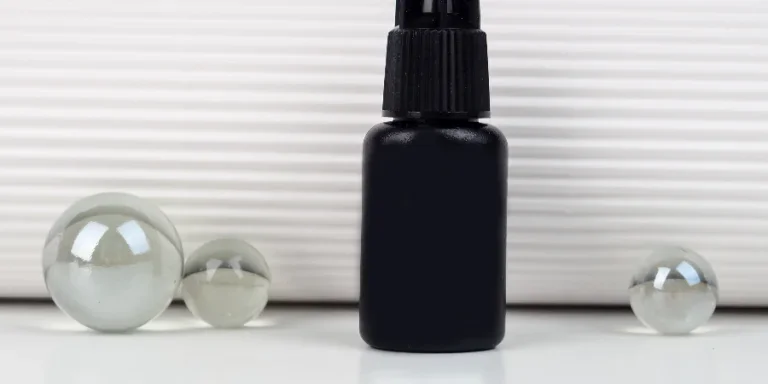In the quest for flawless, youthful skin, retinoid emerges as a skincare superhero. Known for its transformative effects, this vitamin A derivative has become a staple in beauty routines. But what exactly is retinoid, and how does it work its magic on your skin? This comprehensive guide will explore the science behind retinoid, its benefits, potential side effects, and tips for incorporating it into your skincare regime.
Table of Contents:
– What is retinoid?
– Does retinoid work?
– Benefits of retinoid
– Side effects of retinoid
– How to use retinoid
– Top trendy products that contain retinoid
What is retinoid?
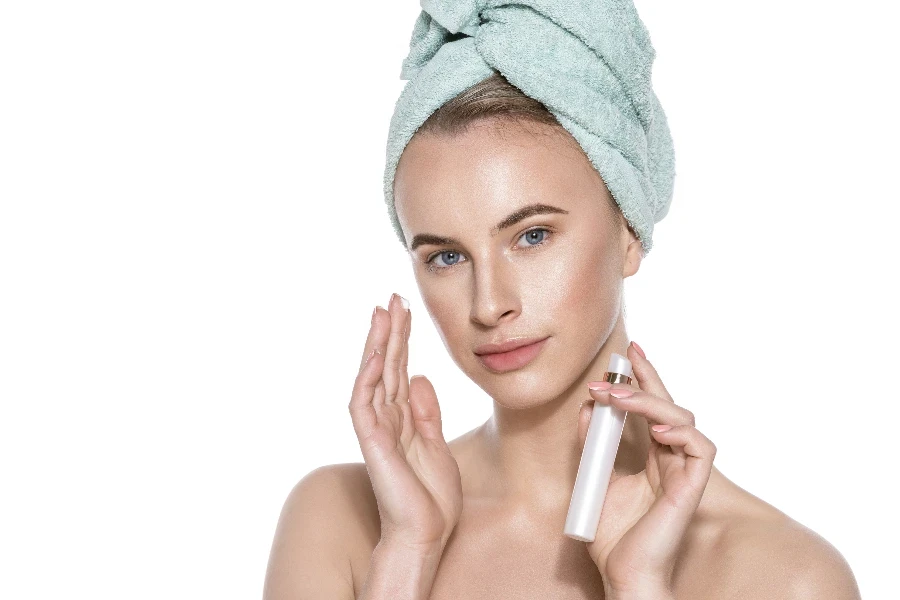
Retinoid refers to a family of compounds derived from vitamin A, known for their ability to promote cell turnover and stimulate collagen production. These compounds vary in strength and form, ranging from prescription-strength retinoic acid to over-the-counter retinol and retinaldehyde. The science behind retinoid lies in its ability to penetrate deep into the skin, where it interacts with retinoic acid receptors to initiate cellular processes that are crucial for skin health.
The journey of retinoid from a mere acne treatment to a revered anti-aging ingredient is nothing short of remarkable. Initially used to treat acne, researchers soon discovered its potent anti-aging properties, leading to its widespread adoption in skincare. By accelerating cell renewal and reversing signs of aging, retinoid has earned its place as a cornerstone ingredient in the beauty industry.
Understanding the different types of retinoids and their respective potencies is crucial for selecting the right product for your skin. Prescription retinoids like tretinoin and adapalene offer the most immediate results but may also come with more pronounced side effects. Meanwhile, over-the-counter options like retinol provide a gentler, yet effective, alternative for those with sensitive skin or beginners to retinoid therapy.
Does retinoid work?
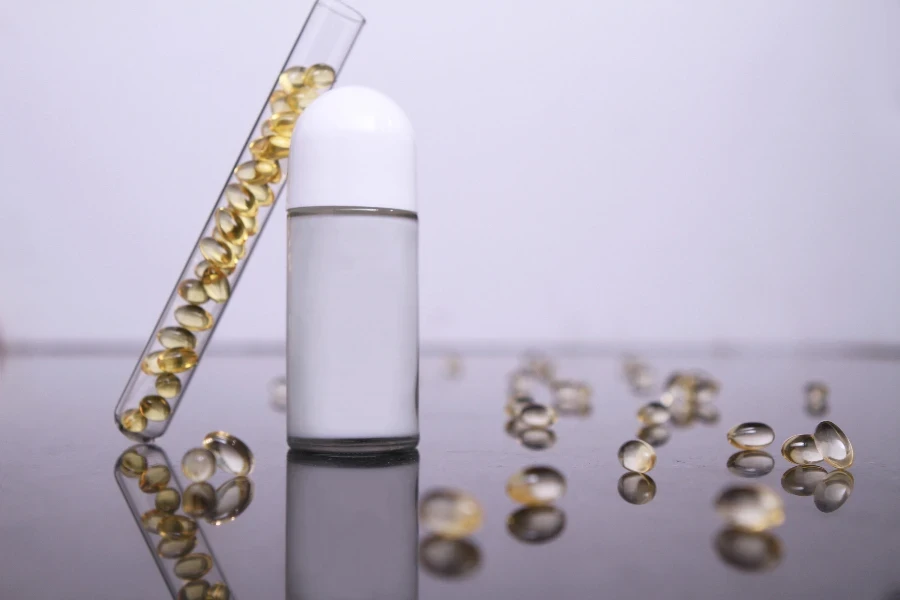
The efficacy of retinoid in skincare is backed by extensive scientific research, making it one of the few ingredients universally recognized for its benefits. By promoting rapid cell turnover, retinoid helps to shed dead skin cells more efficiently, revealing fresher, smoother skin underneath. This process not only improves skin texture and tone but also helps to unclog pores, making retinoid an effective treatment for acne-prone skin.
Beyond its exfoliating capabilities, retinoid plays a pivotal role in anti-aging skincare. It stimulates collagen production, a critical protein that gives skin its elasticity and firmness. As collagen levels decline with age, the skin begins to sag and wrinkle. Retinoid counteracts this natural aging process by boosting collagen, thereby reducing the appearance of fine lines and wrinkles.
Despite its proven effectiveness, the results from retinoid use are not immediate. It often takes several weeks to months of consistent use to see significant improvements in skin texture, tone, and clarity. Patience and persistence are key when incorporating retinoid into your skincare regimen, as the benefits are well worth the wait.
Benefits of retinoid
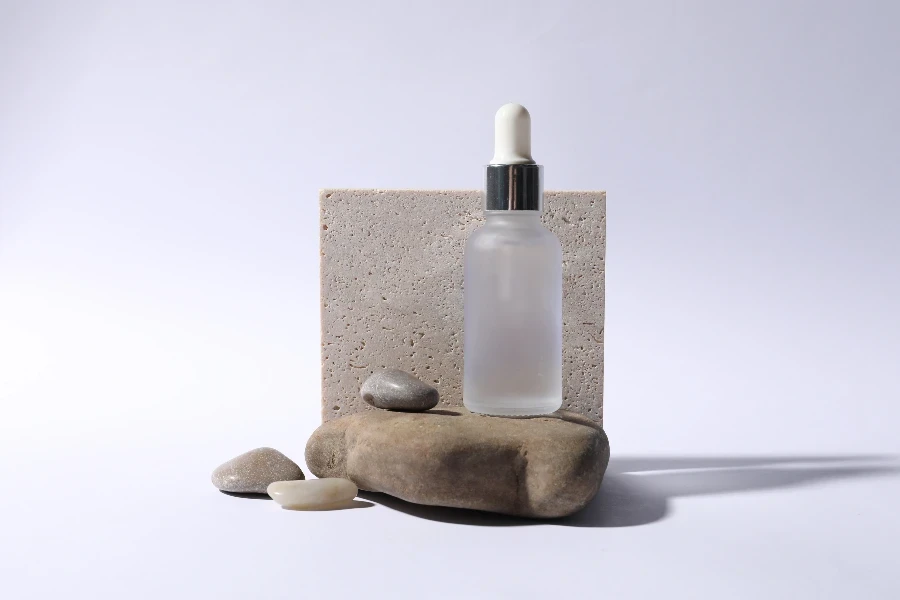
Retinoid offers a multitude of benefits for the skin, making it a versatile addition to any skincare routine. Its primary advantage lies in its ability to combat signs of aging. By increasing cell turnover and collagen production, retinoid effectively diminishes fine lines, wrinkles, and age spots, resulting in a more youthful, radiant complexion.
For individuals battling acne, retinoid can be a game-changer. Its exfoliating properties help to prevent pore blockages, reducing the occurrence of breakouts. Additionally, retinoid’s anti-inflammatory effects can calm redness and irritation, promoting clearer, healthier-looking skin.
Retinoid also plays a role in improving skin texture and tone. By removing dead skin cells and stimulating new growth, it can address issues such as rough patches, uneven skin tone, and hyperpigmentation. The result is smoother, more evenly toned skin that glows from within.
Side effects of retinoid
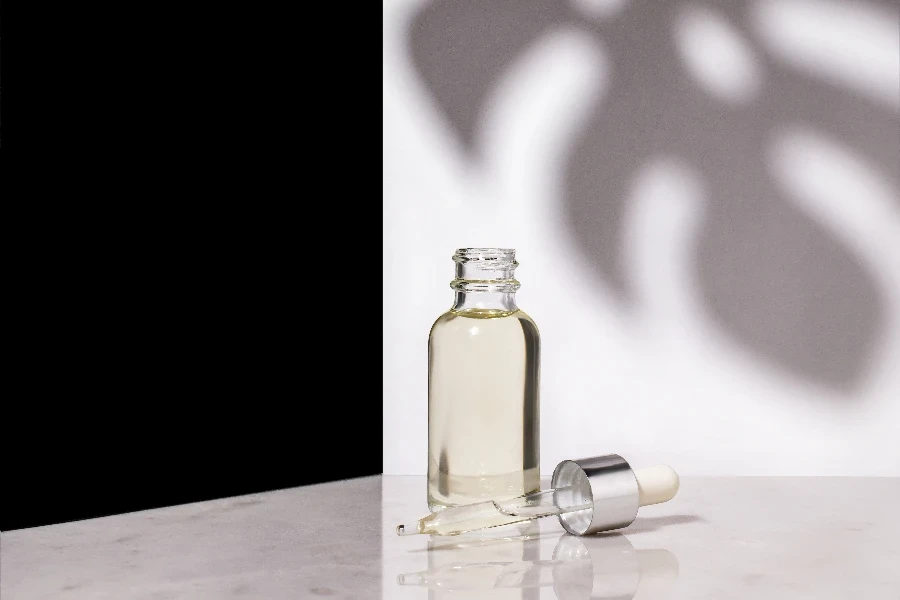
While retinoid is celebrated for its transformative effects, it’s not without potential side effects. The most common include dryness, peeling, redness, and irritation, particularly during the initial weeks of use as the skin adjusts. These side effects are typically mild and can be managed with proper skincare practices, such as gradual introduction and consistent moisturization.
For some individuals, especially those with sensitive skin, retinoid may cause more pronounced reactions. In such cases, it’s essential to consult with a dermatologist to determine the most suitable form and concentration of retinoid. Additionally, retinoid can increase the skin’s sensitivity to sunlight, making it imperative to use sunscreen daily to protect against UV damage.
It’s also worth noting that retinoid is not recommended for pregnant or breastfeeding women due to the risk of birth defects. Alternative skincare ingredients can be used during this time to maintain skin health without the risks associated with retinoid use.
How to use retinoid
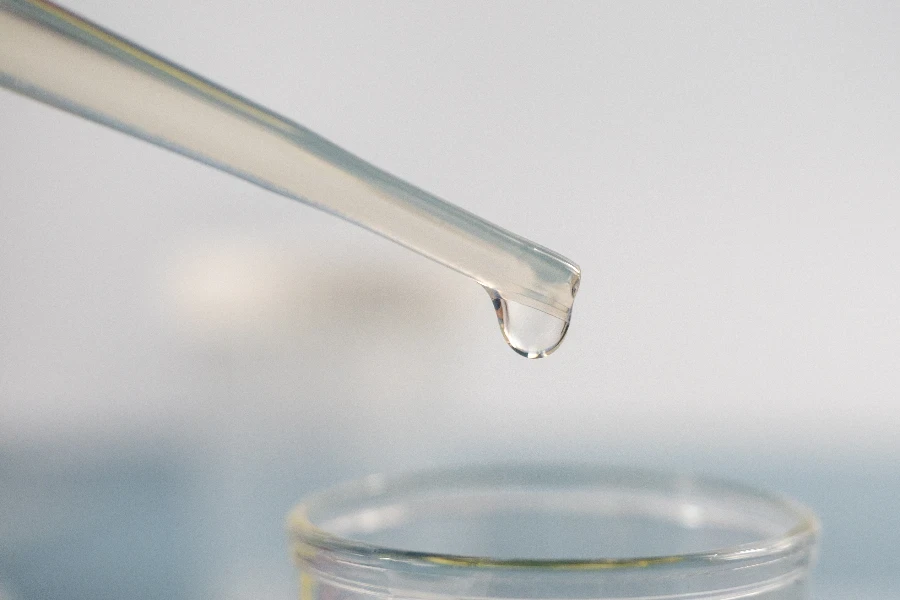
Incorporating retinoid into your skincare routine requires a thoughtful approach to maximize its benefits while minimizing potential side effects. Start by applying a pea-sized amount of retinoid product to clean, dry skin once or twice a week, gradually increasing the frequency as your skin builds tolerance. It’s best to use retinoid in the evening, as it can break down and become less effective when exposed to sunlight.
Pairing retinoid with a moisturizer can help to alleviate dryness and irritation. Apply a hydrating moisturizer after the retinoid has fully absorbed into the skin to lock in moisture and protect the skin barrier. Additionally, since retinoid increases photosensitivity, applying a broad-spectrum sunscreen every morning is crucial to prevent sun damage.
Listening to your skin is key when using retinoid. If you experience severe dryness or irritation, reduce the frequency of application or switch to a lower concentration. With patience and proper care, you can enjoy the remarkable benefits of retinoid without compromising your skin’s health.
Top trendy products that contain retinoid

While specific brands are not mentioned, the market is teeming with innovative retinoid products designed to cater to various skin types and concerns. These range from serums and creams to oils, each formulated to deliver the potent benefits of retinoid while ensuring minimal irritation. Trendy retinoid products often incorporate additional ingredients like hyaluronic acid, ceramides, and niacinamide to boost hydration, repair the skin barrier, and brighten the complexion.
Choosing the right retinoid product depends on your skin type, concerns, and tolerance level. Beginners may opt for over-the-counter retinol or retinaldehyde products, which offer a gentler introduction to retinoid therapy. More experienced users or those with specific skin concerns may benefit from prescription-strength options, which provide more immediate results.
Regardless of the product you choose, consistency is key to achieving and maintaining the transformative effects of retinoid. With a wide array of trendy retinoid products available, finding one that suits your skincare needs and preferences has never been easier.
Conclusion: Retinoid stands as a pillar in the realm of skincare, revered for its unparalleled ability to rejuvenate, clarify, and protect the skin. Whether you’re seeking to diminish signs of aging, combat acne, or improve your skin’s overall texture and tone, retinoid offers a proven solution. By understanding its benefits, managing potential side effects, and incorporating it correctly into your skincare routine, you can unlock the full potential of this powerful ingredient. Embrace the journey to radiant, youthful skin with retinoid – your skin will thank you.
